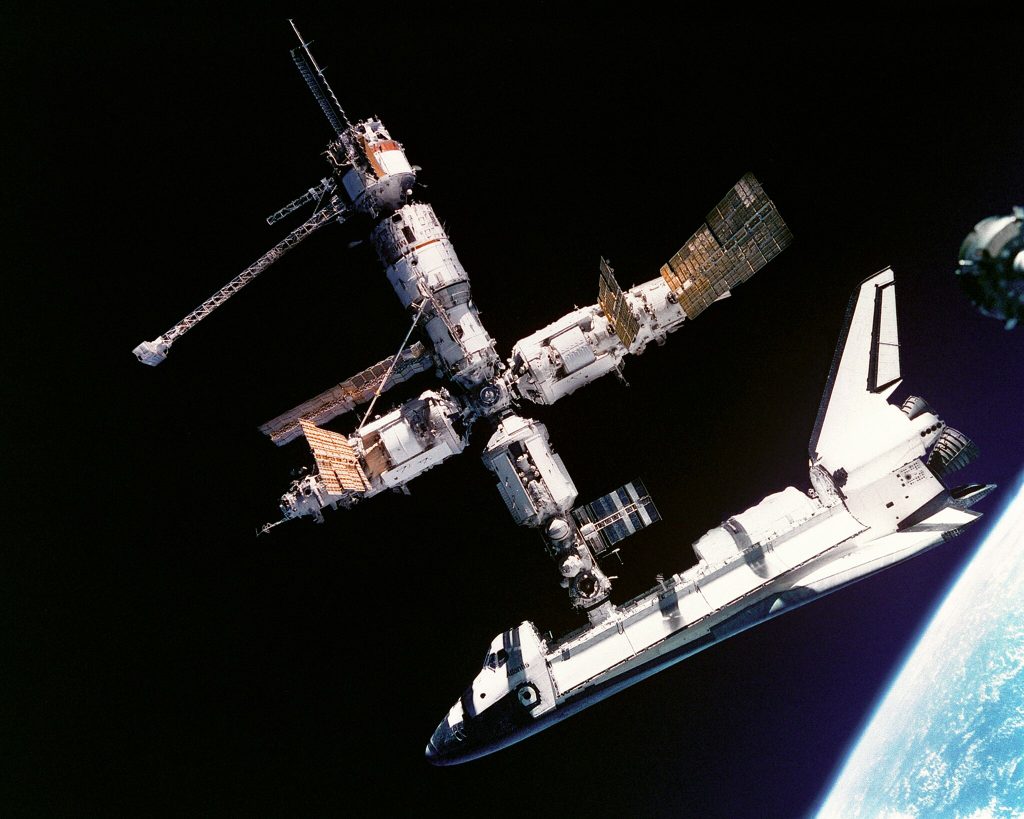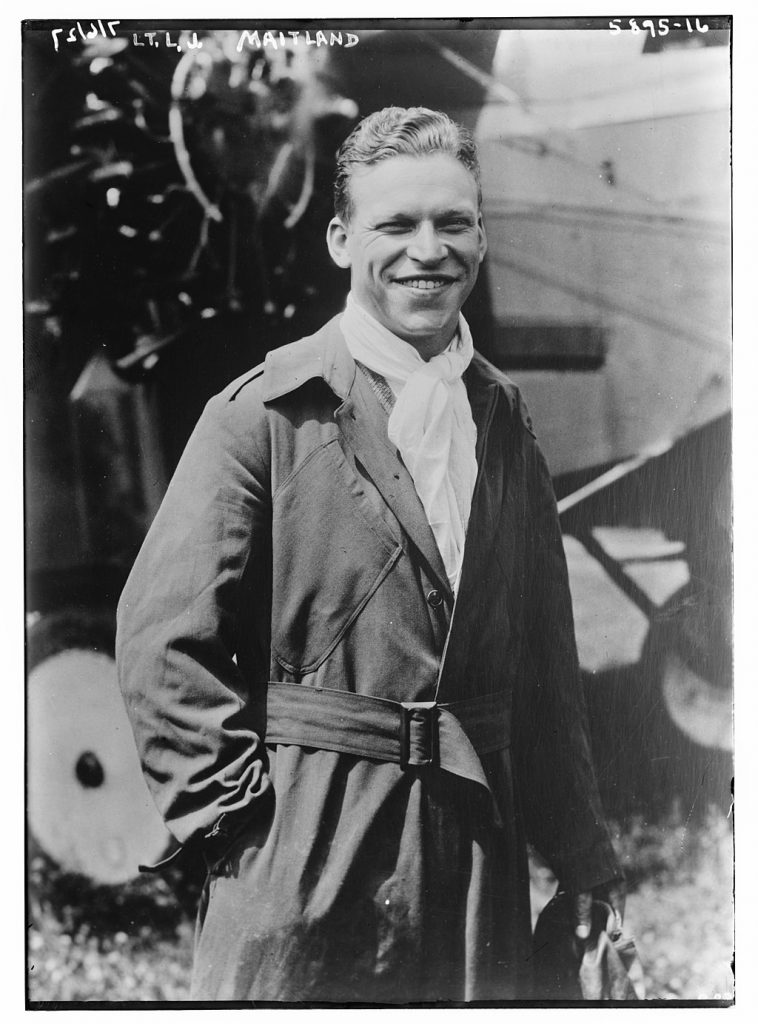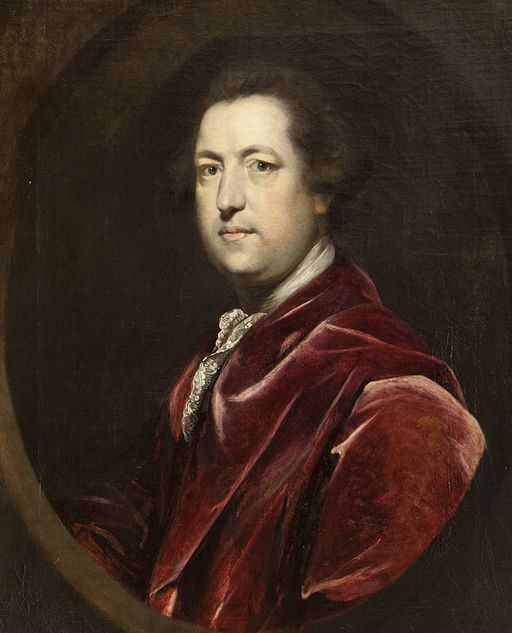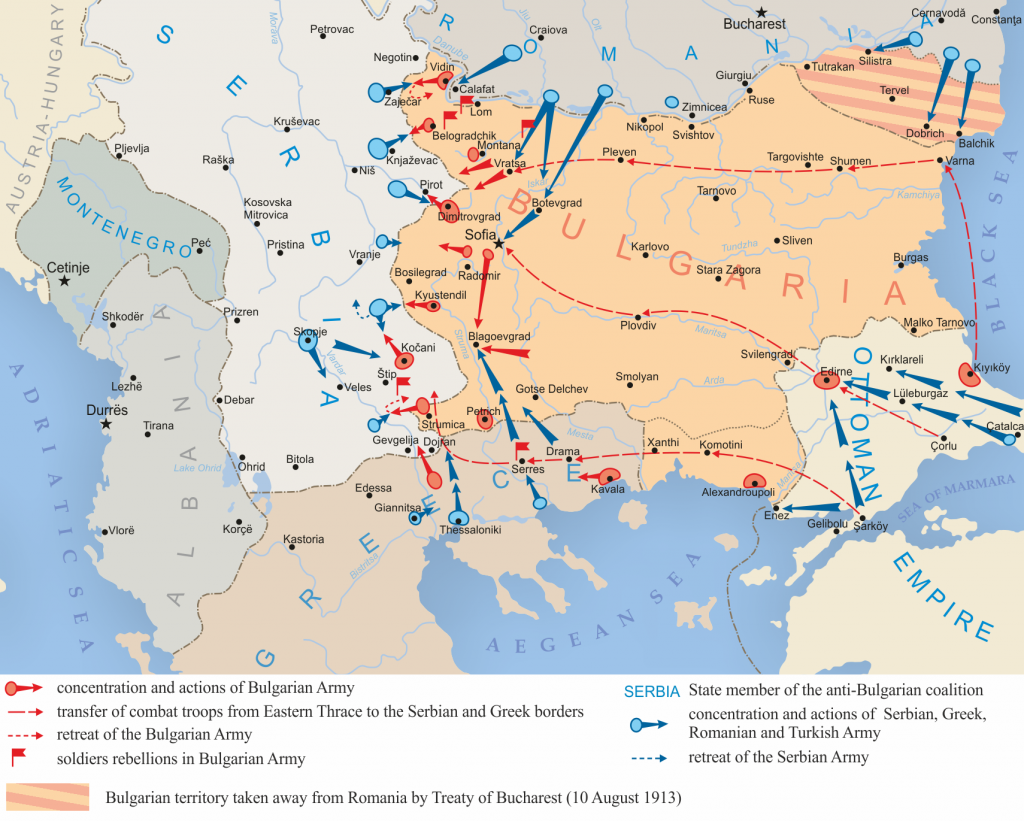A closer look at key historic events that took place on June 29:
In 2007, the first iPhone goes on sale
Apple Inc. released the first iPhone, revolutionizing the smartphone industry with its touch screen interface and integrated features. The device combined a phone, an iPod, and an internet communication device, setting the standard for modern smartphones.

epa00898971 Apple Inc. (New name) CEO and co-founder, Steve Jobs poses with the new Apple iPhone after his keynote at the Macworld Expo in San Francisco, California, Tuesday, 09 January 2007. EPA/JOHN G. MABANGLO
In 1995, the Space Shuttle Atlantis docks with the Russian space station Mir
The event marked the first time a U.S. space shuttle had docked with a Russian space station. This mission, known as STS-71, was a significant step in U.S.-Russian space cooperation and paved the way for future collaborative efforts, including the International Space Station (ISS).

By NASA – http://grin.hq.nasa.gov/IMAGES/LARGE/GPN-2000-001315.jpgLinked from http://grin.hq.nasa.gov/ABSTRACTS/GPN-2000-001315.html, Public Domain, https://commons.wikimedia.org/w/index.php?curid=12044011
In 1990, Chlorofluorocarbons (CFCs) are banned to protect the ozone layer
This decision was part of the Montreal Protocol, an environmental treaty aimed at reducing substances that deplete the ozone layer. The ban on CFCs has contributed to the gradual recovery of the ozone layer, demonstrating the effectiveness of global environmental policies.

Ball-and-stick model of the 1,1-dichloro-1-fluoroethane molecule, a chlorofluorocarbon. Wikimedia Commons
In 1986, Richard Branson breaks the record for the fastest Atlantic crossing by boat
The British entrepreneur’s powerboat, the Virgin Atlantic Challenger II, completed the journey from New York to England in just over three days. This achievement highlighted Branson’s adventurous spirit and his flair for high-profile challenges.

Britain’s Richard Branson arrives for the Service of Thanksgiving for the Life of Diana at the Guards’ Chapel at Wellington Barracks in London, August 31, 2007. Mourners gathered in Paris and London on Friday to mark the tenth anniversary of the death of Princess Diana, revered by many around the world and the enduring object of fascination at home. REUTERS/Pool/Lewis Whyld/WPA/PA Wire (BRITAIN)
In 1927, two U.S. aviators complete the first transpacific flight
Aviators Lester Maitland and Albert Hegenberger completed the first non-stop transpacific flight from California to Hawaii. Their successful 2,400-mile flight in a Fokker C-2 aircraft demonstrated the potential for long-distance air travel and marked a significant milestone in aviation history.

Lt. L.J. Maitland. By Bain News Service, publisher – Library of CongressCatalog: https://lccn.loc.gov/2014715462Image download: https://cdn.loc.gov/service/pnp/ggbain/35300/35311v.jpgOriginal url: https://www.loc.gov/pictures/item/2014715462/, Public Domain, https://commons.wikimedia.org/w/index.php?curid=67766412
In 1913, the Second Balkan War starts
The Second Balkan War began on June 29, as Bulgaria launched a surprise attack against its former allies Serbia and Greece over territorial disputes. The conflict quickly drew in other Balkan states and resulted in significant territorial and political changes in the region. The war’s outcome further destabilized the Balkans and set the stage for future conflicts, including World War I.
In 1767, British Parliament passes the Townshend Revenue Act
The Townshend Revenue Act imposed duties on various goods imported to the American colonies, including glass, paper, paint, and tea. This act was intended to raise revenue and assert parliamentary authority over the colonies, but it provoked widespread resistance and contributed to the growing tensions that led to the American Revolution.

Charles Townshend spearheaded the laws, but died before their detrimental effects became apparent. By Joshua Reynolds – http://www.historicalportraits.com/InternalMain.asp?ItemID=306, Public Domain, https://commons.wikimedia.org/w/index.php?curid=4235529
In 1613, London’s Globe Theatre is destroyed by fire
London’s Globe Theatre, famously associated with William Shakespeare, was destroyed by a fire during a performance of “Henry VIII”, on June 29. A cannon used for special effects ignited the thatched roof, leading to the theatre’s complete destruction. The Globe was rebuilt the following year, continuing its legacy as a significant cultural and theatrical landmark.

By Wenceslaus Hollar (1607–1677) – http://www.sgc.umd.edu/images/holl.gif, Public Domain, https://commons.wikimedia.org/w/index.php?curid=146083133
– Don’t miss out on To Vima’s daily “On this Day in History” posts.




